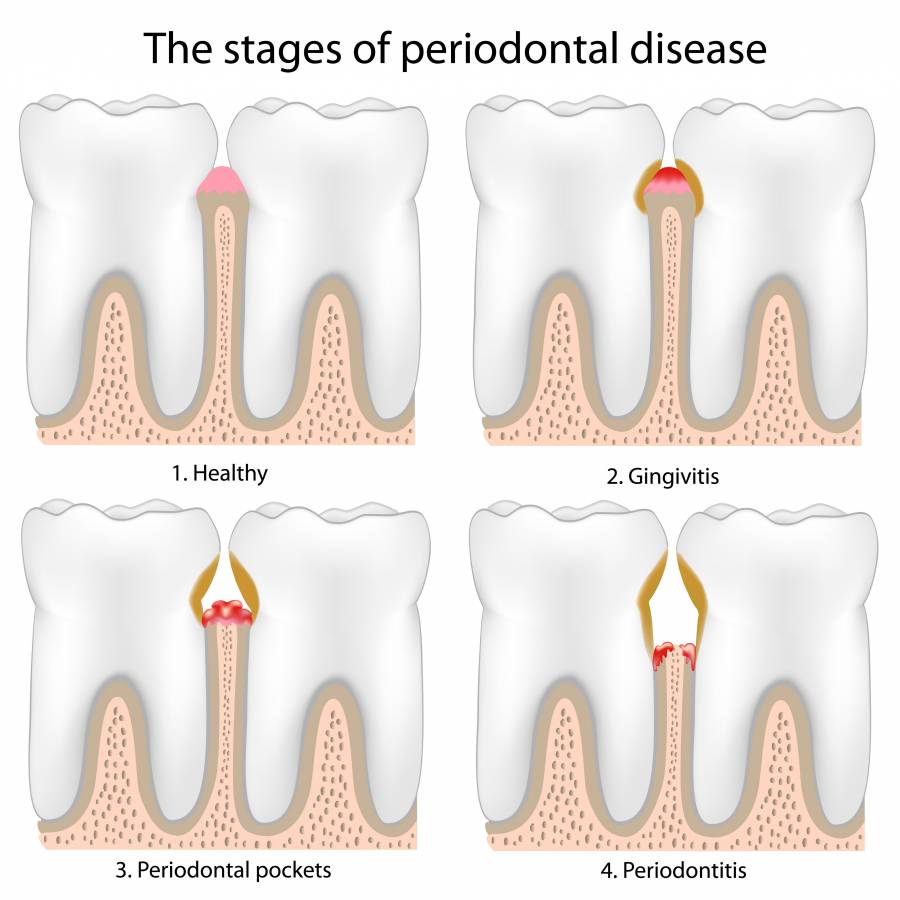Cold and flu season is back in Kamloops. Earlier this year, I wrote about how these illnesses can directly impact your oral health. And thankfully, there are a number of remedies to help get you through those sleepless nights of coughing and long workdays with a stuffy head or runny nose. But did you know some of the solutions meant to help you through the cold and flu can actually damage your teeth? Read on to find out how to use these tools effectively while protecting your teeth.
Nasal Decongestants
Decongestants help battle a runny nose by drying out the tissues, but overuse during cold and flu season can also cause dry mouth. This reduced saliva flow promotes bacteria growth in the mouth, ultimately increasing your risk of gingivitis and tooth decay.
To combat dry mouth, make sure to stay hydrated by drinking plenty of water. Humidifiers are also crucial, especially in a dry climate like Kamloops. They add moisture to the air and help soothe dry tissues.
Sore Throats and Lozenges
Haven’t we all fallen asleep with a sore throat lozenge in our mouth during cold and flu season? They are designed to dissolve slowly, which I’ve found dulls the pain so I can sleep. However, watch out for lozenges with sugar as prolonged contact with the teeth will lead to cavities. Look for brands that are sugar-free or sweetened with xylitol. If you do use sugary products, make sure you brush your teeth often. Last thing you want is to finally get over being sick, only to visit your dentist and discover you need fillings.
Cough Syrup
Cough syrup is always a staple in my battle against cold and flu symptoms. However, these medicines often contain sugar to help mask the awful taste. These sticky liquids will leave a coating on your teeth that can cause tooth decay. Also, watch for medicines containing alcohol, which will reduce saliva flow and make it harder to clean the teeth.
When possible, try pills or gel-caps instead of liquids. Children often struggle with pills, so give them the medicine before a meal so that the increased saliva flow caused by eating will help wash away the sugar coating.
Hot Tea & Orange Juice
I drink tea religiously during any cold and flu to help soothe my throat. But be careful, tea is erosive and will soften the hard enamel layer, leaving you more prone to decay and tooth-wear.
My grandma always said enough Vitamin C would cure any cold. And it definitely helps boost the immune system during cold and flu season. However, citric fruits and beverages are acidic and will also soften enamel.
The best plan is to have these drinks during mealtimes and use a straw, reduce any sweeteners in your tea, and drink water throughout the day. Also, it’s important to brush thoroughly, but wait 30 minutes so that the enamel has a chance to harden again.
Maintain Good Oral Hygiene
Although you might not feel up to it during cold and flu season, stick with your regular brushing and flossing routine. I guarantee you will recover faster and protect your teeth. And don’t forget to change your toothbrush once you’re feeling better as the viruses and bacteria may linger.
Our team at Horizon Dental would be happy to help you achieve optimal oral health and we are happily accepting new patients. If you’re looking for a dentist in Kamloops, we are happily accepting new patients! You can contact us by clicking here!
